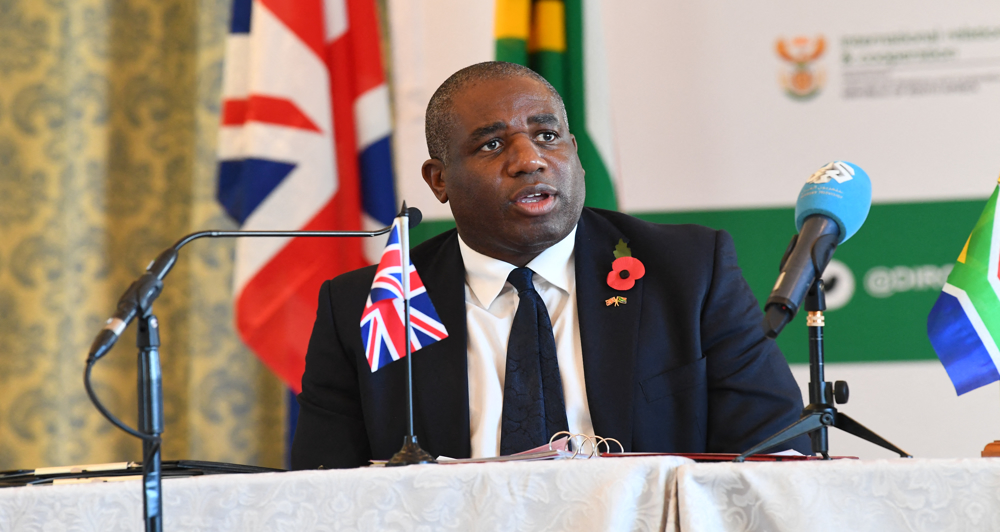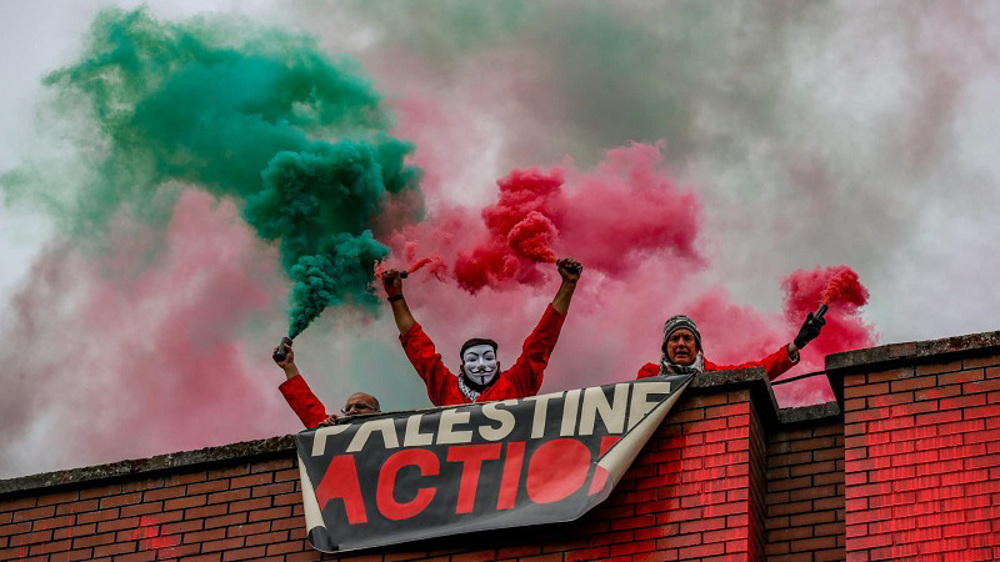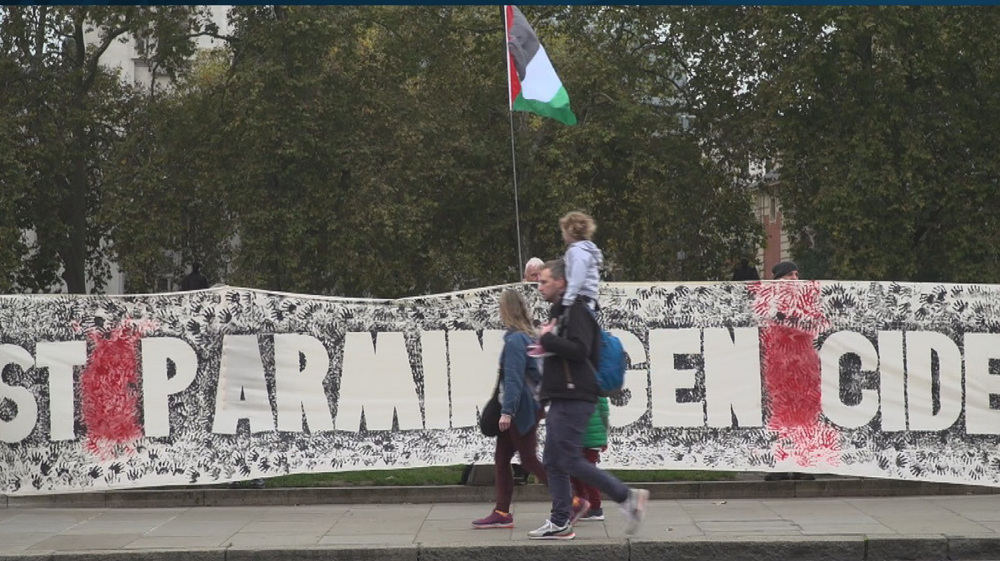Secrecy shrouds Europe's new Libya plan
British PM David Cameron has come under renewed pressure to reveal details of possible UK military action in Libya as EU ministers are about to meet to discuss sending security units to the North African country.
Some 1,000 British troops may be dispatched to the Libyan capital, Tripoli, as part of a 6,000-strong coalition purportedly to train Libyan soldiers and fight Daesh terrorists.
Top British lawmakers are demanding that information be released on what exact role the UK forces will play in Libya. Foreign Secretary Philip Hammond had said last week that no decisions had been made by then.
“Clarity is now overdue. We need transparency about the difficulties and the challenges. Any deployment would need a parliamentary vote, as would airstrikes,” chairman of the UK Parliament’s Foreign Affairs Committee Crispin Blunt said.
Reports say a number of British forces have been operating in Libya since the beginning of 2016.
Hammond, who has been accused of being “less than candid” about the UK’s stance on sending troops to Libya, arrived on a surprise visit in Tripoli on Monday.
His trip comes following those of the foreign minister of Italy, France and Germany to the Libyan capital in recent days.

Western leaders view Libya’s new United Nations-backed government as a key partner in countering various militant groups behind numerous bloody attacks in the oil-rich country.
The Libyan government, however, has said it does not want foreign military assistance and calls for publication are likely to intensify concern about Europe's already heavily-criticized involvement in the North African country.
EU foreign and defense ministers were to meet late on Monday in Luxembourg to discuss sending military forces to Tripoli.
A coalition of US-backed countries, including the UK and France, launched missile and airstrikes on Libya in March 2011 in a bid to help oust longtime dictator Muammar Gaddafi following a national uprising.
Gaddafi was deposed later that year shortly after the fall of the capital on August 20. He was killed at the hands of rebels two months later.
However, the ensuing power vacuum allowed various militant groups, including a Daesh affiliate, to gain power in the country and exploit its natural resources.
Back in March, a six-member UN panel published a report, stating that Daesh had “significantly expanded” its territory in Libya and was posing a severe threat to the country’s oil installations.
Iran urges trial of Israeli criminals for violence against children
70% of victims of Israeli genocide in Gaza are children and women: UN
Spain denies docking permission to Israel-bound US vessels
4 more terrorists killed during IRGC’s counterterrorism op. in SE Iran
VIDEO | Heavy rain washes away cars in Catalonia, Spain
VIDEO | Conference highlights women’s role in Iran’s Islamic Revolution
Seoul prepares for second Trump presidency
IRGC chief: Iran showed only small fraction of its power to Israel















 This makes it easy to access the Press TV website
This makes it easy to access the Press TV website